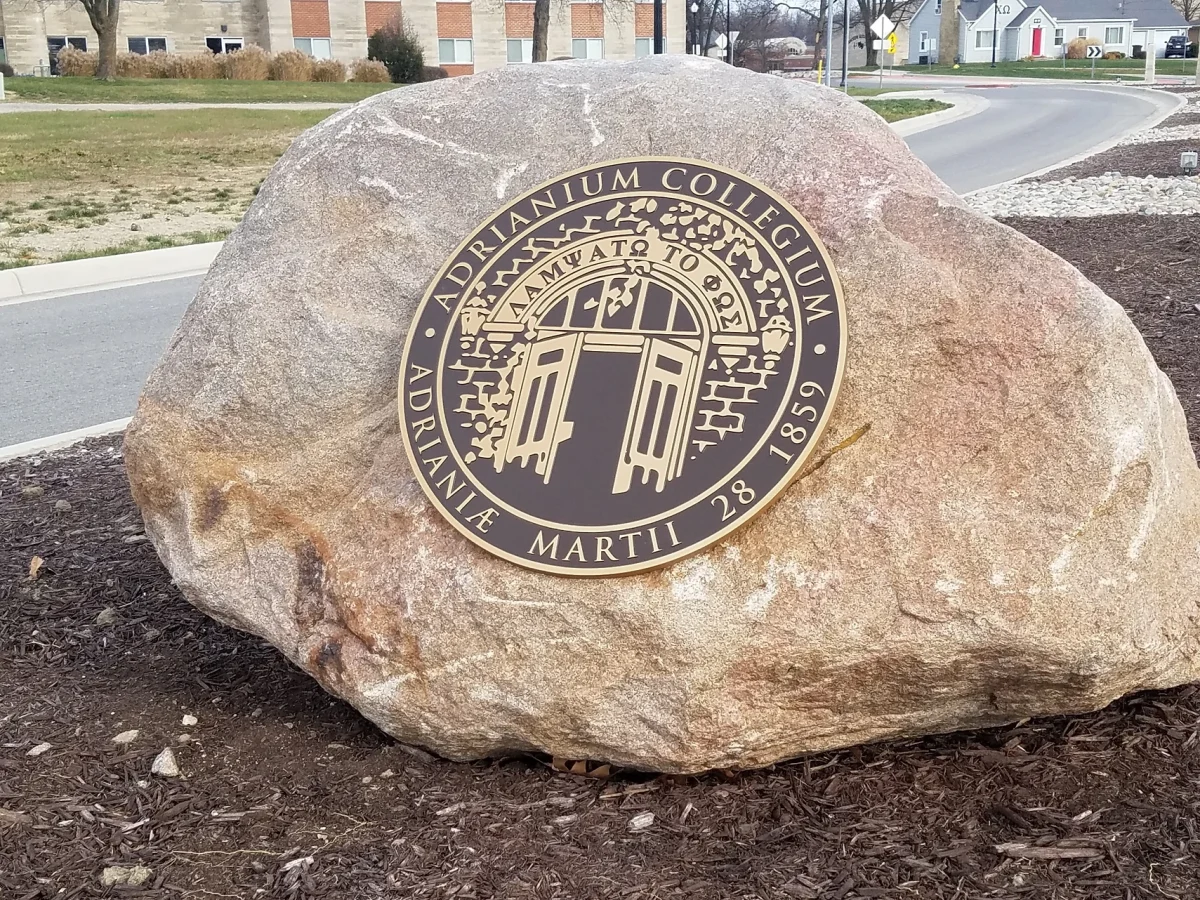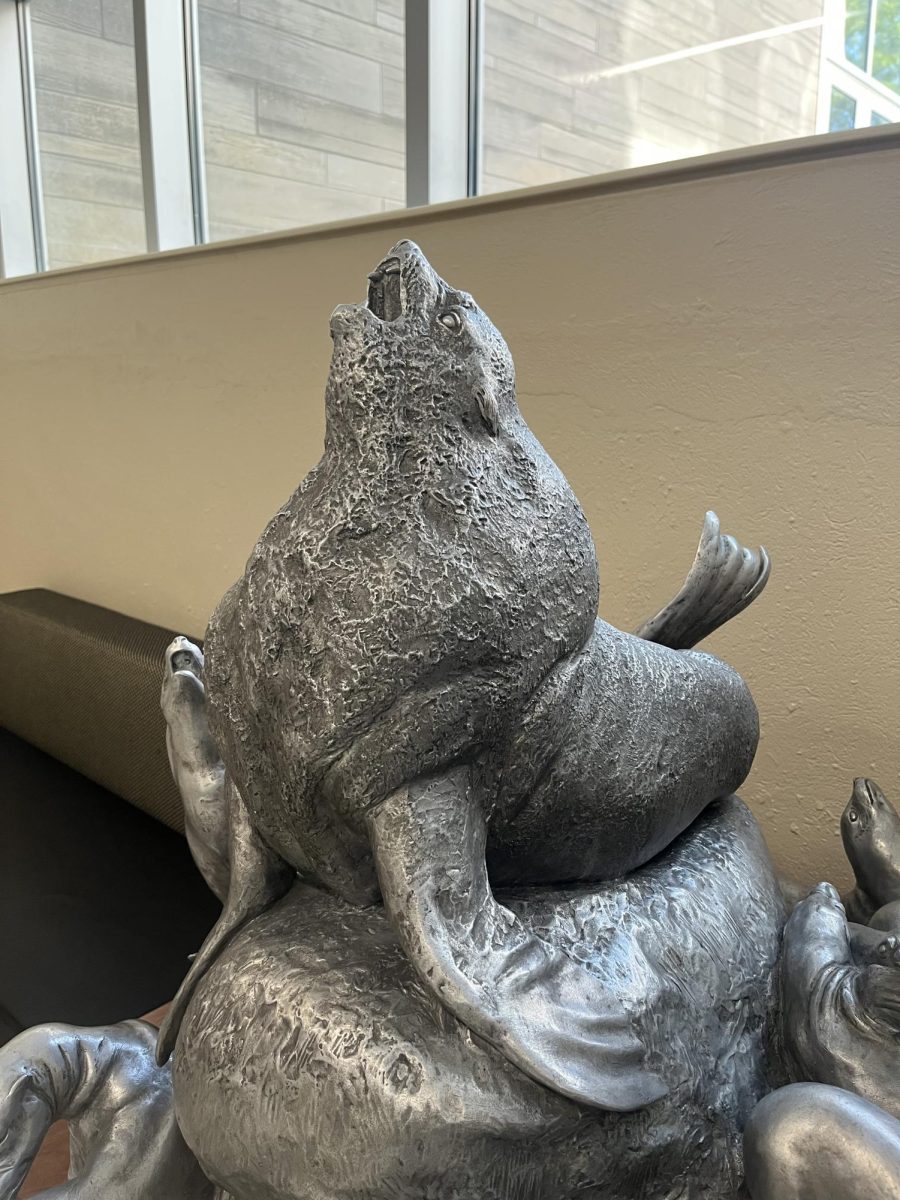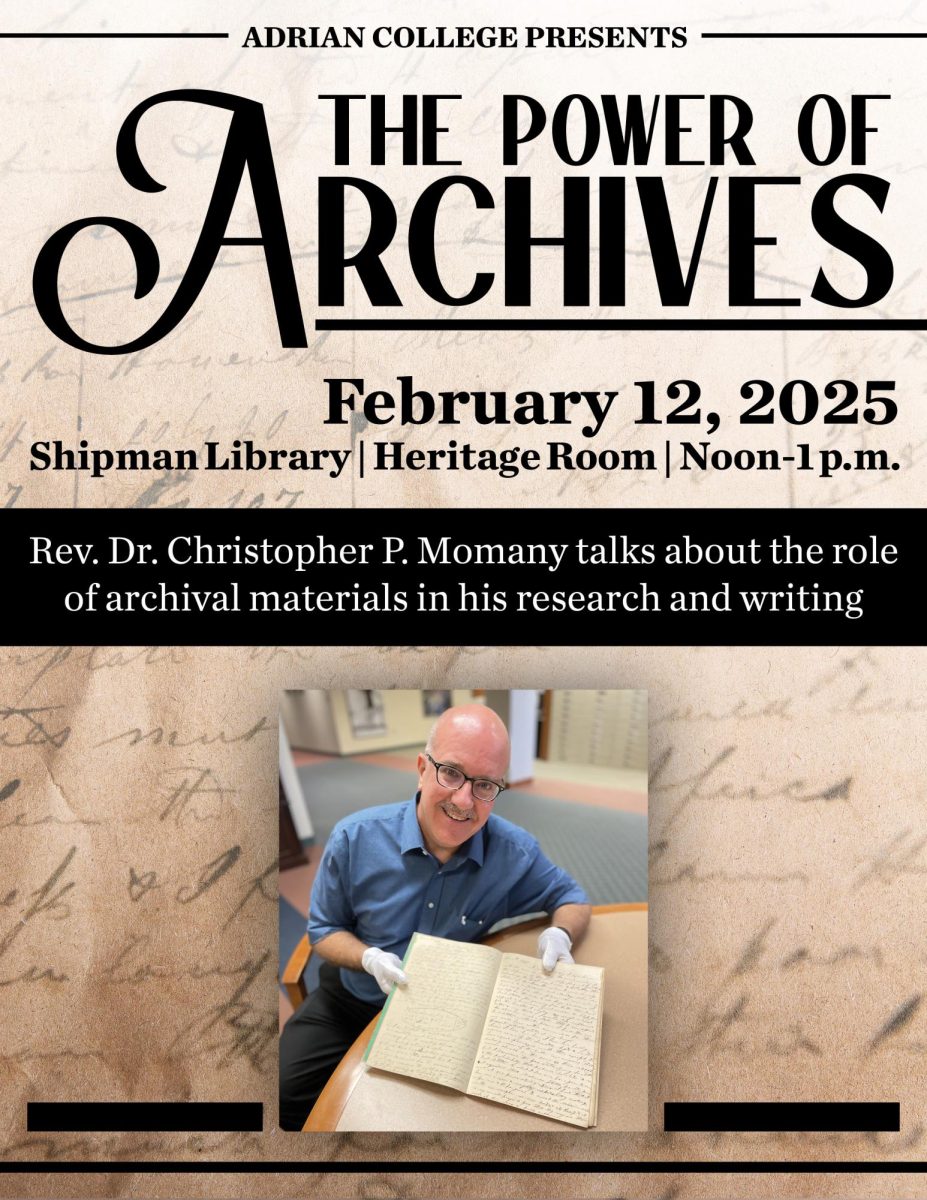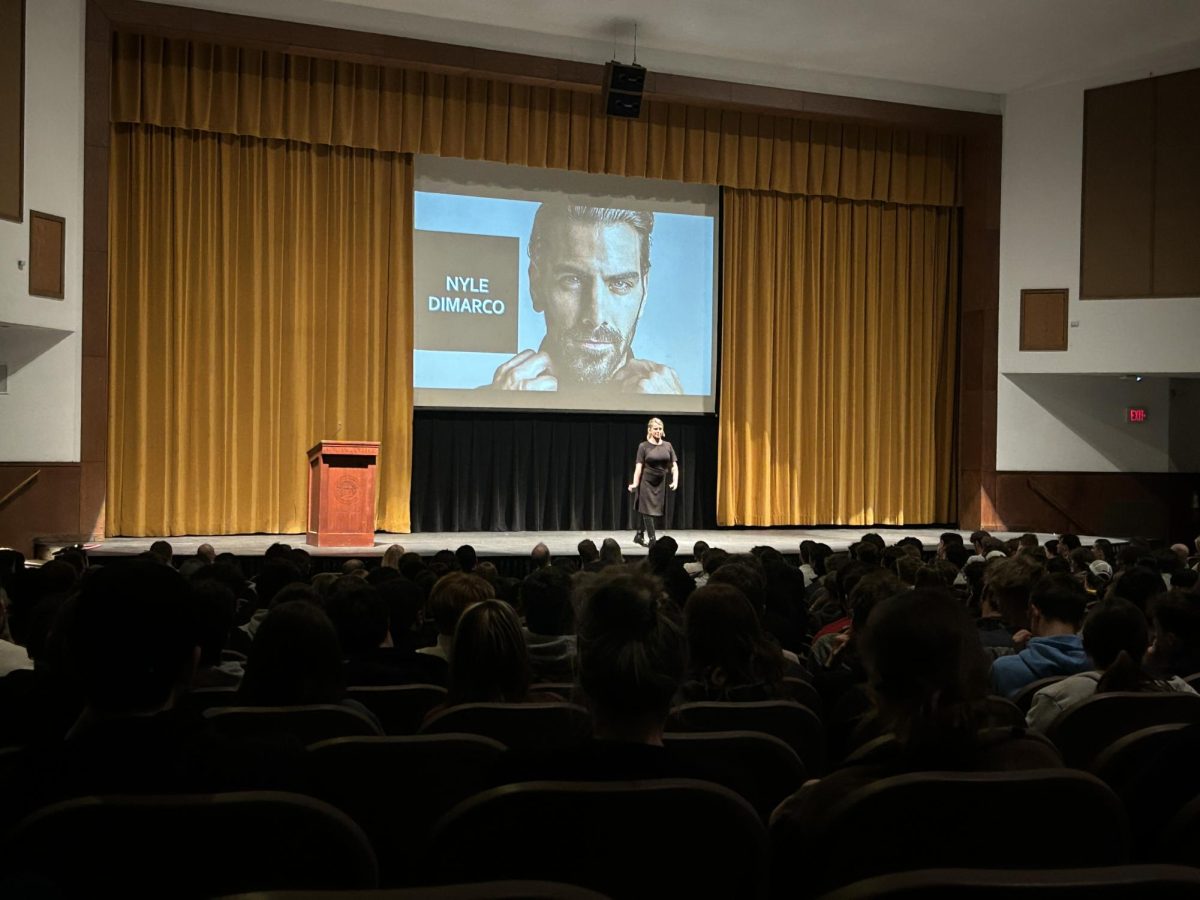Reverend Christopher Momany, who served as chaplain of Adrian College between 1996 and 2019, returned to campus on Feb. 12 to deliver a talk on the “Power of Archives”. Momany, who graduated from Adrian College in 1984 and holds degrees in theology from Princeton Theological Seminary and Drew University, in addition to an honorary doctorate from Adrian, discussed his work in identifying a manuscript journal written by Christian missionary and abolitionist David Stedman Ingraham between July 14, 1839, and March 14, 1841. Ingraham’s manuscript chronicles his experiences working in Jamaica, evangelizing to recently freed people. Momany described how the manuscript was found in a box and presented to him, and he tasked himself with identifying the author and its contents.
Adrian College, Momany noted, has a great deal of significance and is renowned among those in the antislavery movement. Asa Mahan, the founder of Adrian College, was a prominent figure in the abolitionist movement. Mahan was a Methodist minister and prominent philosopher of his time from New York State, who spent much of his career in higher education. At Lane Seminary in Cincinnati, Mahan supported the students’ right to debate and protest against slavery. He then served as the first President of Oberlin College, but finally settled at Adrian. Because Mahan finished his career at Adrian, many of Mahan’s journals are in the Adrian College archives, including a nearly 300-page journal of thoughts on theology and a commentary on the United States Constitution and the 13th Amendment.
Momany characterizes Ingraham as a protégé of Mahan, having followed Mahan from New York to Lane Seminary and Oberlin before beginning missionary work of his own in Jamaica. Mahan himself described Ingraham as “the first fruit of my ministry”.
Momany distributed a copy of one of the pages of Ingraham’s journal to the audience, written on Dec. 25, 1839, which depicts Ingraham’s experiences examining the captured slave brig Ulysses. The Ulysses, the journal says, was a brutal “slave factory” that could fit 556 enslaved persons and, according to Momany, likely belonged to the Portuguese.
“O it seems as if the church were asleep, & Satan has the world following him,” Ingraham laments of the slave trade in his journal entry.
The power of archives, Momany says, comes from “three worlds” that historical documents hold. The first world is the world described in the words of the document. The second world is the world “behind” the document, or the historical context that informs the document. The third, and final world, is the world “in front” of the document, which entails the questions and challenges that a document raises for the people of today.
Momany cautions against using historical documents for political and ideological agendas, saying that documents have a challenge for our understanding of the world that cannot be shoehorned into such simple things.
Momany’s talk took place in Adrian College’s Shipman Library Heritage Room, which features a large collection of books about Abraham Lincoln. Momany noted the significance of his talk taking place both in the Heritage Room and on Lincoln’s Birthday. You can read more about Momany’s research in his 2023 book, Compelling Lives: Five Methodist Abolitionists and the Ideas that Inspired Them.


















Madison Moore • Feb 12, 2025 at 5:31 pm
Very interesting! Great article.